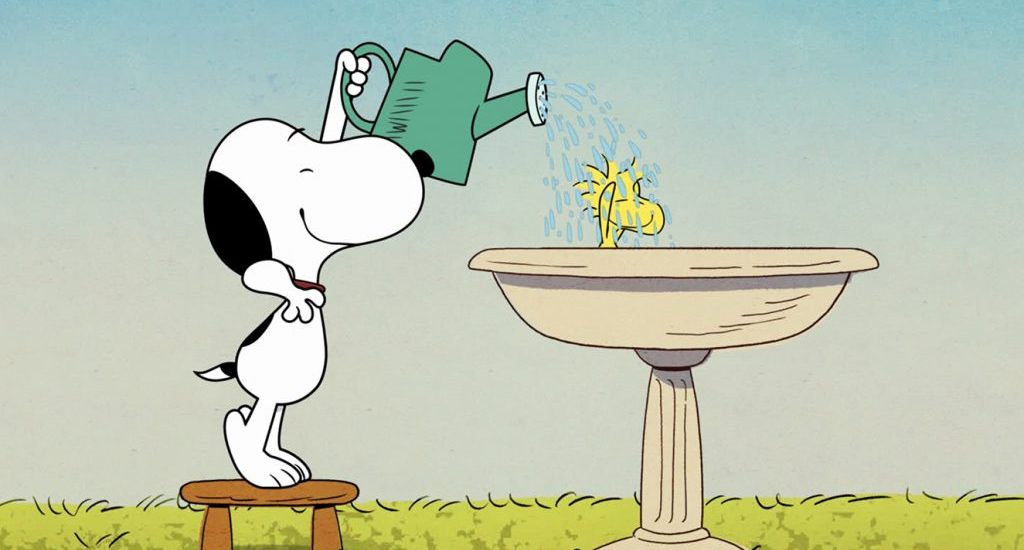One of my teacher’s common refrains is, “The practice isn’t only about meditation.”
Like many forest ajaans who have spent many years living in Thailand, he’s well aware that meditation is common entryway through which people come know Buddhism today.
This is becoming increasingly true in other parts of the world too, where Buddhist practices have become increasingly systematized to attune to the tenor of modern life.
The abbot of a forest monastery that regularly visited in California spoke of how many Westerners learn Buddhism in reverse. They start with meditation, and then they eventually realize that they can’t progress very far along the path without a strong foundation in generosity or virtue.
The purpose of meditation isn’t merely to develop your inner qualities. It’s also meant to compel you to reflect on inner qualities that you bring to your meditation.
It isn’t a unidirectional practice.
I failed to understand this for many years. I’ve only recently come to appreciate the value of finding joy outside of formal meditation practice.
This joy is what I’ve experienced in my interactions with monastics and lay practitioners who have stayed on the Buddhist path for many years.
Sustainable Buddhist practice requires tremendous patience and endurance, which are the two qualities that are most lacking among Westerners, according to several Thai ajaans.
And you can’t be patient and persevering if can’t find the happiness in what you’re doing.
There were days when I sat in meditation during Sunday service at the temple in frustration because I couldn’t maintain any sort of concentration, and I’d ruminate in frustration after I opened my eyes and stood up.
However, I noticed that whenever I’d help serve tea to temple-goers after the service, my heart was lifted.
I might have felt like a failure during the meditation session, but when I served others, I felt I had made progress in different way.
Seeing Mr. Nam cheerfully clean the altar and perform other tasks on the temple grounds gave me a sense of the happiness that comes from simple acts of care.
The secret to the longevity of his practice was his willingness to explore all the ways happiness could be found.


